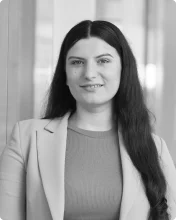On 25 June 2024, RWE4Decisions hosted a webinar titled “Can endpoints from digital technology provide meaningful outcomes for Health Technology Assessment (HTA)?”
At the webinar, speakers discussed how patient-generated health data could be analyzed to support Health Technology Assessment (HTA) bodies and Payers, delving into issues such as app governance models, the use of AI, and more.





